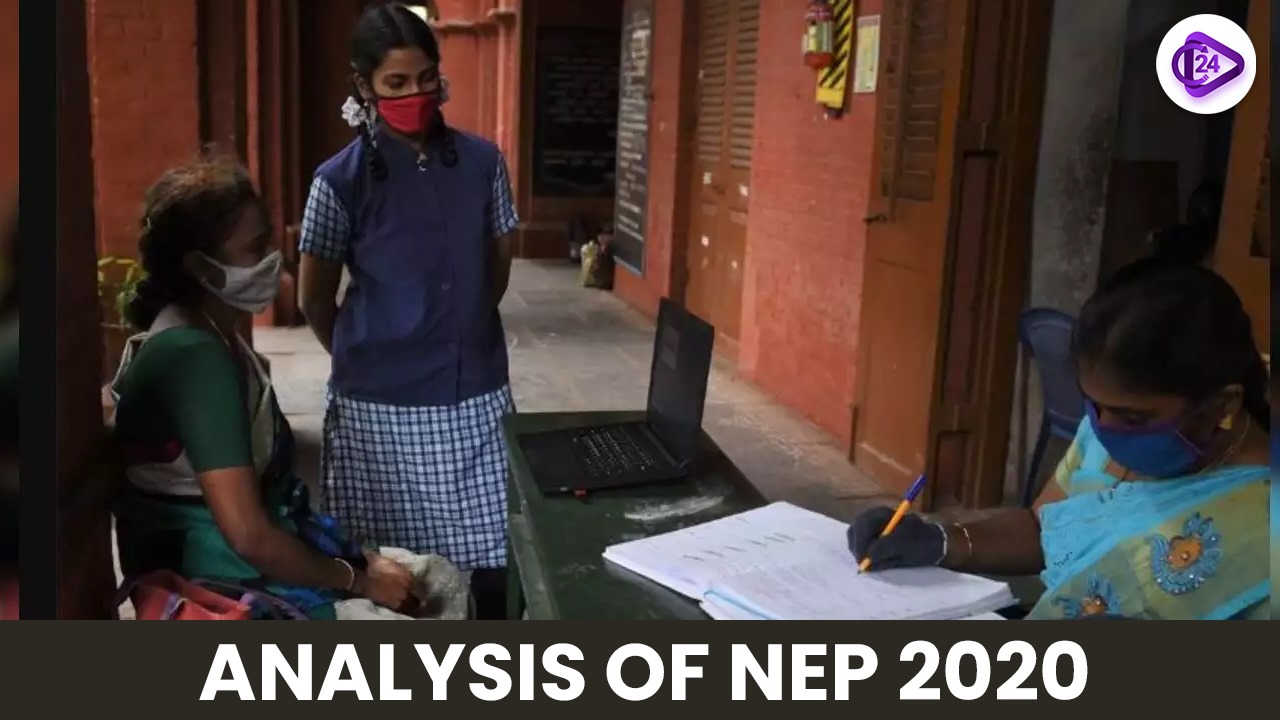
Section 69 of the Bharatiya Nyaya Sanhita (BNS) 2023 establishes legal grounds for sexual intercourse when someone undertakes deceitful marriage commitments. People have started debating this clause for two reasons: first it questions whether it follows the terminology of Section 63 rape in BNS and second it doubts its necessity. Section 69 from the BNS faces evaluation against prevalent rape laws existing under the BNS and under Indian Penal Code (IPC) standards.
Sexual offences under Bhartiya Nyay Samhita (BNS),2023
Sexual offences are addressed completely in Chapters V (Sections 63–73) of BNS, 2023.
Offences of Rape (Section 63–66, 70–71)
-
Section 63: The law defines rape through several specified criteria.
-
Section 64–66, 70–71: The prescribed legal punishments range from 10 years minimum imprisonment to life sentence or death according to whether the victim is underage or non-able or nature of crime like Gang rape etc.
-
Through its protective measures the law shields minor victims from sexual assault procedures and it protects vegetative state patients along with establishing harsher punishments for gang rape incidents and serial sexual offenders and first-time offenders.
Offences Arising Out of Sexual Intercourse (Section 67–69)
-
Section 67: of the law it becomes illegal for a legally divorced spouse to perform sexual intercourse against the consent of the partner.
-
Section 68: Targets abuse of authority — by public servants, custodians, or hospital staff.
-
Section 69: stands alone as a new law to combat deceitful sexual acts which include both promises of marriage and employment.
Offences Related to Disclosure of Identity (Section 72–73)
-
Sections 72–73: stipulate that public or media exposure of victim identities in sexual offenses is prohibited unless approved authorities deem it essential.
-
Punishment: Up to 2 years imprisonment and fine.
Key Issues with Section 69
Limitation Set by Courts in False Promise of Marriage Cases
Supreme Court justices have defined which situations qualify for false marriage promises to trigger rape charges.
-
Anurag Soni v. The State of Chhattisgarh (2019):
-
The act of sexual intercourse that stems from a promise of marriage will constitute as rape only when the promised marriage was never genuine.
-
The purpose with which someone makes a promise to marry establishes its validity. Fear of rape cases emerges if a person makes empty marriage promises without genuine intent to wed the person.
-
-
Rajnish Singh @ Soni v. State of U.P. (2025):
-
A man remains protected from rape charges when he has normal sexual relations with his consenting long-term partner throughout an agreeable relationship although it ends later.
-
The existence of agreement alongside truthful promises enables people to escape rape prosecution.
-
-
Abhishek Arjariya v. The State of Madhya Pradesh (2025):
-
Rape becomes unlawful only when both parties provide their consent during consensual sexual interaction which does not include deceptive or misleading situations.
-
No rape charge will arise when a person engages in sexual activity despite having a marital commitment as long as they did not use deception to achieve it.
-
Redundancy of Section 69
-
The separate offense for sexual intercourse under false promises of marriage defined in Section 69 does not fit within the rape definition of Section 63.
-
Section 63 of the BNS includes rape when misunderstandings about facts exist such as promises to marry as explained by Section 28.
-
Section 69 becomes unnecessary unless it explicitly exempts an instance from the general provisions of rape that appear in Section 63.
Analysis of Section 69
Section 69:
-
The law states that following deceitful methods or promising marriage to a woman without intending marriage results in imprisonment for up to 10 years with an attached fine.
-
Explanation:
-
"Deceitful means" include:
-
False promise of employment, marriage, or promotion.
-
Suppressing one’s identity.
-
-
Limitations of Section 69:
-
The law considers an act as rape if committed through factual misconception which prevents the court from applying a lesser Section 69 punishment.
-
Section 69 of the BNS introduces a smaller offense which duplicates Section 63 rape cases including false marriage promises that fall under misconception of fact.
Constitutional Concerns
-
Article 14: The introduction of Section 69 as a lesser offense fails to respect the constitutional equality standard mandated by Article 14 because it does not set apart the penalties for Section 69 from those of Section 63 regarding rape.
-
Lack of non-obstante clause: Section 69 faces legal dangers because it lacks an explicit non-obstante clause. The absence of distinction in Section 69 might lead to the unconstitutionality of this section unless it creates specific exclusions from Section 63 of the BNS.
Recommendations
-
When a defendant uses false marital promises to allegedly commit a crime the police should perform an initial check to determine if any actual violations exist. Proper preliminary reviews should be conducted to stop police agencies from filing cases which would fail to match BNS or IPC definitions of rape.
-
The laws need reform under Section 69 to clarify its boundaries ensuring they do not cover Section 63 (rape) cases. To eliminate redundancy a specific provision regarding exceptions should be implemented.
Conclusion
The sexual intercourse based on false marriage promises provision in Section 69 of Bharatiya Nyaya Sanhita 2023 shows redundancy in regard to already established rape laws. Section 69 risks obtaining constitutional invalidity while creating confusion in legal practices because of its lack of distinction or exceptions.



 Colossal Food Wastage: A Global Crisis That Demands Immediate Action
Colossal Food Wastage: A Global Crisis That Demands Immediate Action NEP 2020 and the Three-Language Policy: Impact, Challenges & Future
NEP 2020 and the Three-Language Policy: Impact, Challenges & Future Global Talent Shortage: India’s Golden Opportunity for Leadership
Global Talent Shortage: India’s Golden Opportunity for Leadership Indian Industry Needs Innovation, Not Mindless Toil
Indian Industry Needs Innovation, Not Mindless Toil Did the Iron Age in India Begin in Tamil Nadu?
Did the Iron Age in India Begin in Tamil Nadu? The Problematic Globalization of Medical Education
The Problematic Globalization of Medical Education India’s Startup Revolution: Innovation, Growth & Future Potential
India’s Startup Revolution: Innovation, Growth & Future Potential Bridging the Digital Divide: India's Schools and the Technology Gap
Bridging the Digital Divide: India's Schools and the Technology Gap






